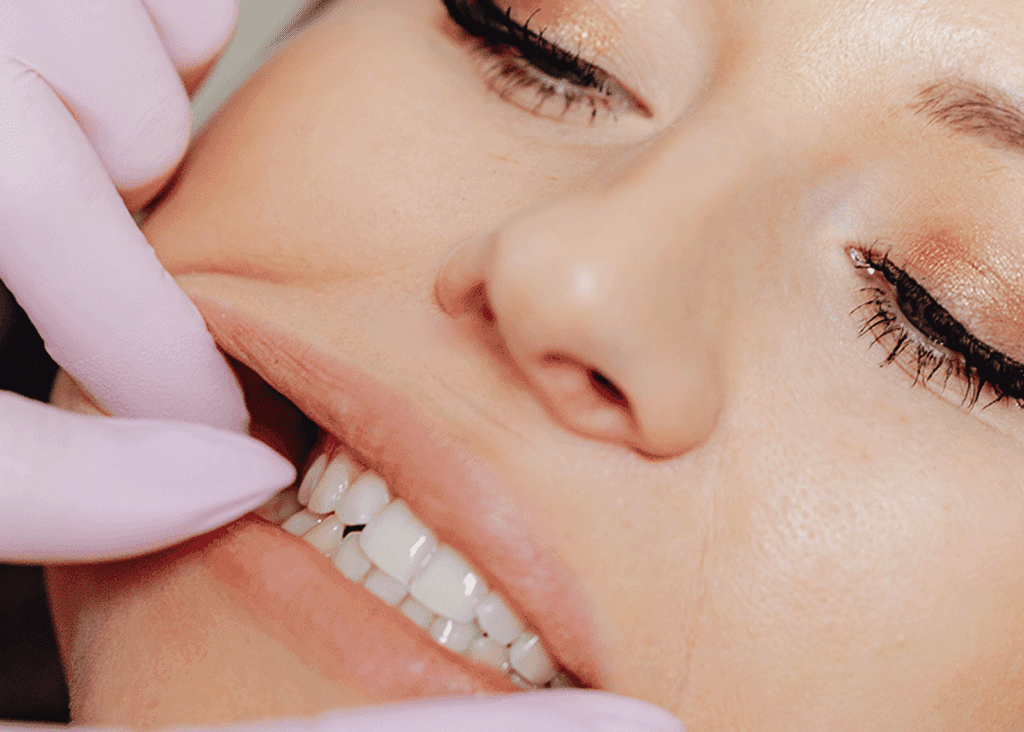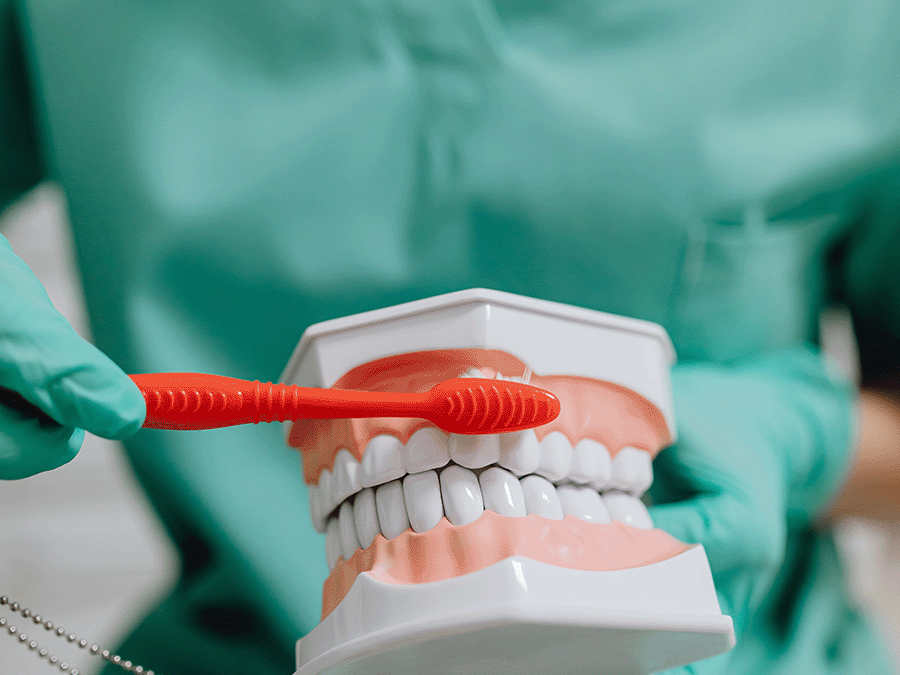You’ve probably heard dental health professionals talk about the importance of fluoride before – but what is it and why is it so important to your dental health? At Mill Dam Dental Care, we use fluoride in our office treatments, and we often encourage patients to use fluoride at home as well. Let’s take a closer look. Why fluoride? Here we discuss what fluoride is, why it’s important for your dental health, and ways to use it.
What is Fluoride?
Fluoride is a mineral that occurs naturally in many sources of water as well as in some foods. Rocks release fluoride into the soil and water around them, which helps it permeate our environment. Some cities also fluoridate their water in small amounts, and the ADA recognizes water fluoridation as a safe practice.
Fluoride is also one of many minerals that helps to strengthen tooth enamel. As a result, it is present in many toothpastes and other dental products, and many dentists use fluoride in their professional treatments as well.
The Health Benefits
Fluoride offers a wide variety of dental health benefits. The biggest benefit is that it helps slow the process of demineralization in your enamel. Over time, the sugars and bacteria in your mouth can break down the minerals in your enamel, which can ultimately result in cavities and other structural issues with the tooth.
When you use dental products with fluoride, drink fluoridated water, or consume foods that contain fluoride, you add some of those minerals back into your enamel. This slows the demineralization process, helping to keep your teeth healthy for a long period of time.
If you’re experiencing the early stages of tooth decay, mindful use of fluoride can actually help to reverse this process when combined with a healthy dental care routine. Fluoride cannot reverse late-stage tooth decay, but it can slow the process down.
Using fluoride is particularly effective for preventing cavities in children, as their enamel is still developing. Children should always be supervised when using fluoride products to ensure they are using it safely.
In addition to preventing cavities and strengthening your enamel, fluoride can also help prevent gum disease and other oral health issues. This is because fluoride is antimicrobial, so it helps kill the bacteria that builds up in your mouth – the same bacteria that can cause gum disease.
Side Effects of Fluoride
Fluoride is generally safe to use and comes with a wide variety of health benefits. However, there are some potential side effects that come with using too much fluoride.
Consuming too much fluoride as a child can result in dental fluorosis, which results in white spots on the teeth. However, dental fluorosis does not cause any other physical or mental health issues. In rare cases, long-term exposure to high levels of fluoride can cause skeletal fluorosis, which causes joint pain.
Luckily, consuming too much fluoride is very rare and is difficult to do. The NIH has guidelines for how much fluoride you should consume at various stages of your life. It’s important to supervise children while using toothpaste and other products that contain fluoride, as they are more likely to swallow them accidentally. It’s also helpful to know whether or not your water is fluoridated, so you can get an accurate estimate of how much fluoride you’re consuming each day.
How is Fluoride Used in Dentistry?
You’ll find fluoride used in treatments at the dentist’s office as well as in at-home dental products. Your dentist will recommend the right treatments and products for you based on the current state of your teeth and any oral health concerns you may be experiencing.
During your regular cleanings, your dentist will likely complete a fluoride treatment to help strengthen your enamel. There are a few different ways they might do this.
The first is with a varnish, which they’ll paint directly onto your teeth. Another option is fluoride foam, which is placed in a tray and then applied to your teeth. There are also fluoride gels, which can be applied directly or with a tray, as well as fluoride rinses, which work similarly to a mouthwash.
After a fluoride treatment, you may feel a sticky residue on your teeth. Your dentist may instruct you to avoid eating or drinking for a short period of time after the treatment, which gives the fluoride time to fully absorb.
Fluoride At Home
There are also many dental products that contain fluoride that you can use at home as part of your regular routine. Many toothpastes and mouthwashes contain some amount of fluoride, although not all do. Products containing fluoride will list the amount on the side of the package in PPM, or parts per million.
Your dentist may also recommend that you use an additional fluoride treatment at home if they are worried about the strength of your enamel. They may prescribe an extra-strength fluoride mouthwash, gel, or supplement. Make sure to only take these prescriptions as directed.
Final Thoughts
Now you know the answer to the question – why fluoride? It is more than just a mineral – it’s also an important aspect of your dental health routine. While most people get enough fluoride through their water consumption and their toothpaste, it’s still important to consult with your dentists about fluoride treatments to keep your enamel strong. At Mill Dam Dental Care, we offer fluoride treatments for our patients in Virginia Beach and are committed to helping you keep your teeth healthy for years to come. We’re also one of the region’s leading providers of sedation dentistry and other specialty dental care. Contact us today to schedule an appointment or learn more about our dental services!


